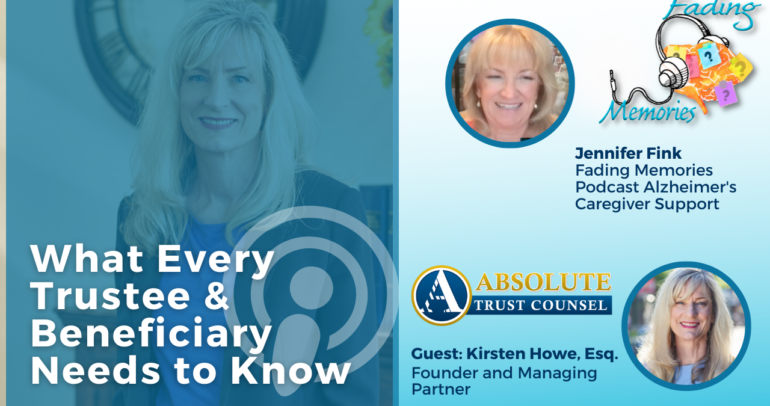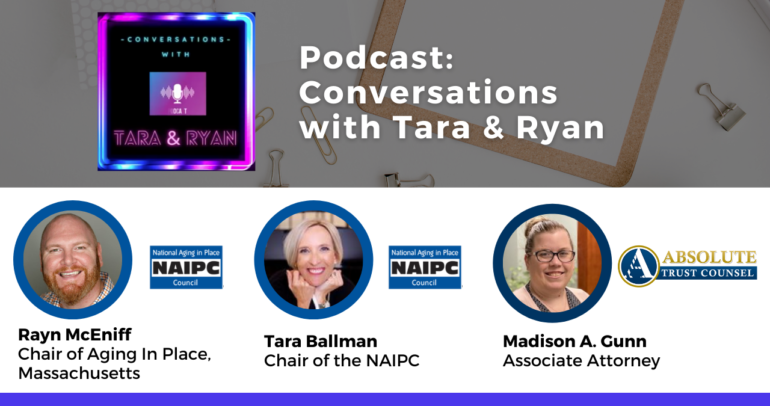In Part I of this series on taxes, we discussed federal taxes. For Part II, we will discuss state taxes. State Taxes: Income Taxes The first type of state tax that affects estate planning is individual income tax. Like federal income tax, state income tax can apply to individuals, married couples, and entities, including trusts. Income tax is a tax…










